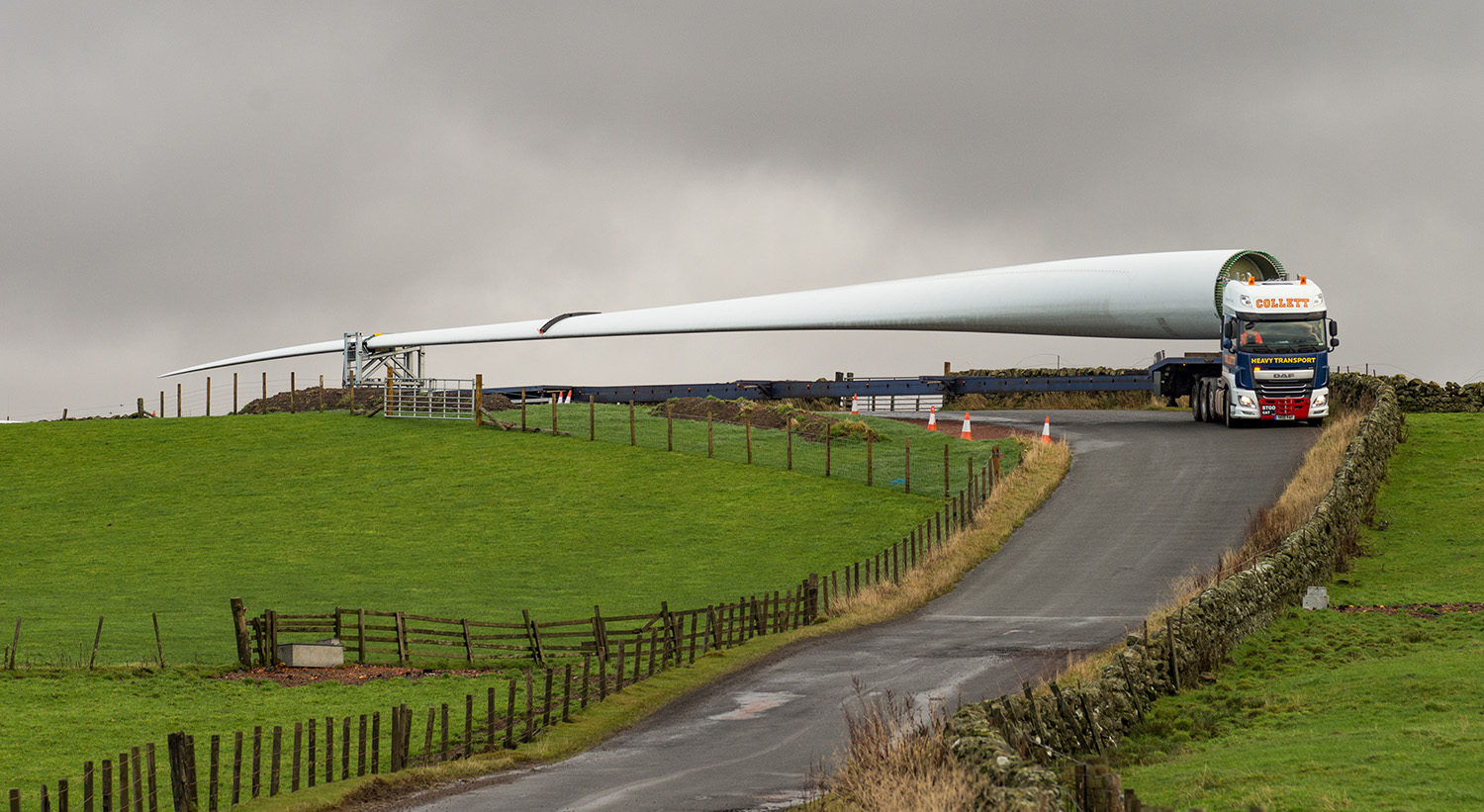Time for action
KERRY McCARTHY: Labour would do what's needed to tackle climate change
The record-breaking temperatures during this summer’s heatwave, reaching 40C for the first time in the UK, were yet another warning that climate change is happening and it is happening fast.
Only the most stubborn of climate change sceptics would deny that. But they are not the real problem. Far more dangerous are those in positions of power who acknowledge the impact of global heating, who accept the science – and who may even talk about the need to act – but still do not have the political will to do what is required.
Sadly, that label could have applied to any one of the candidates in this summer’s Tory leadership contest. But Labour has been crystal clear about the scale of this challenge and the action needed.
The ongoing energy crisis, which has left households facing skyrocketing bills, has shone a spotlight on the need for a green sprint for renewable energy sources – which are now four times cheaper than gas. Labour has announced plans to triple solar capacity and double onshore wind power by 2030, in stark contrast to the stance taken by the new prime minister and her opponent on the campaign trail: Liz Truss called for a crackdown on solar panels on farmland and Rishi Sunak pledged to block new onshore wind.
Labour also led the way by proposing the windfall tax on oil and gas profits that the Tories eventually, reluctantly, adopted. However, the government’s version included a massive £4bn loophole for oil and gas companies investing more in fossil fuels. That is far more support than is available to renewable energy producers.
Labour was again filling in for a government missing-in-action when our party called for the current cap on energy bills to be maintained this winter. That fully funded plan to freeze energy bills would provide households the financial security they desperately need by saving them £1,000 to get through the winter.
And we have worked up plans to drastically bring down bills in the long term, through a street-by-street energy efficiency programme, insulating 19 million homes within a decade. If the government had listened, two million of the most vulnerable households could already have been insulated this year. And scaled-up investment in renewable energy could have meant we were well on our way to ending our dependence on costly fossil fuels.
There are huge economic opportunities in making the shift to a green economy, but we have seen very little sign that this government is capable of seizing them. Just months ago, the High Court ruled that the government’s own Net Zero Strategy was inadequate and ‘unlawful’, and the independent Climate Change Committee was scathing in its annual progress report.
Labour will provide the certainty needed for investment in green technologies and create good green jobs through our pledges to revive UK industry. That includes investing to support our steel industry in the transition to green manufacturing methods and the financing of new gigafactories to build electric vehicle batteries at home.
Electric vehicle sales are rising, making up around 10.9 per cent of UK vehicle sales so far this year. But the government is putting this at risk. Earlier this year, plug-in grants – which helped to make electric cars more affordable – were suddenly scrapped, despite the cost of living crisis. Ministers are also way off track for their target of making 300,000 public electric vehicle charging points available by 2030, with only a tenth of that number delivered so far.
Regional inequalities remain stark as well. London has 111 charging points per 100,000 people, while the North West has only 26. So much for ‘levelling up’.
The shift to electric vehicles, like the transition to heat pumps in homes and the production of green hydrogen for industry, will require more clean electricity generation. But there is no government strategy to develop the grid and to scale up the green infrastructure we need. A lack of grid capacity now risks becoming a huge drag on our ability to decarbonise. This is already affecting new house building, including in west London where development could be paused ‘for at least five years’ because grid connections are not available.
Labour’s plans are not just focused on industry and technology, important as they are. Natural climate solutions can also help bring down carbon emissions, prevent catastrophic flooding and avoid damage from rising sea levels. This means planting more trees, restoring our peatlands, planting seagrass meadows and protecting salt marshes.
But this government is way behind on its tree planting targets, is still allowing the destructive burning of our peatlands and, according to the independent Climate Change Committee, has ‘underfunded and ignored’ climate adaptation measures to combat extreme weather events like flooding.
Labour would reverse this decade of failures and seize new economic opportunities through our commitment to invest £28bn per year in tackling climate change over this decade.
All of our proposals – alongside bringing down emissions and bills – would create good jobs in the green industries of the future.
This is work that has to be done urgently. But only a Labour government will do it.
Image credit: ShellAsp, CC BY-SA 4.0 via Wikimedia Commons
Image credit: Simon Carey, CC BY-SA 2.0 via Wikimedia Commons

